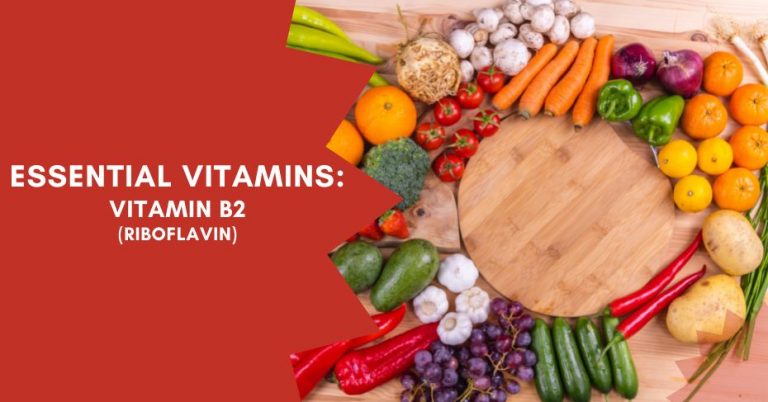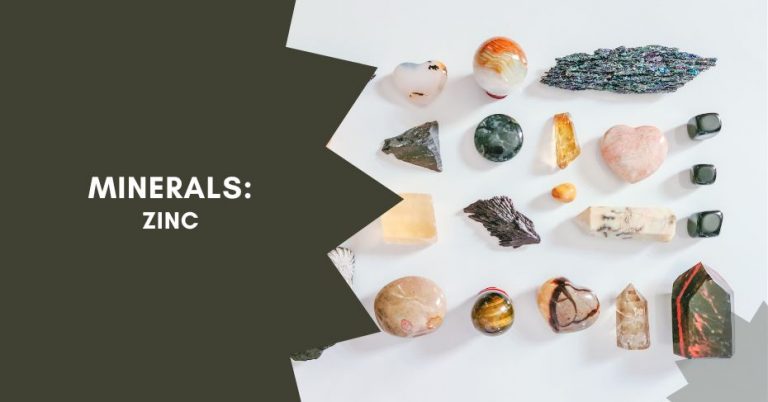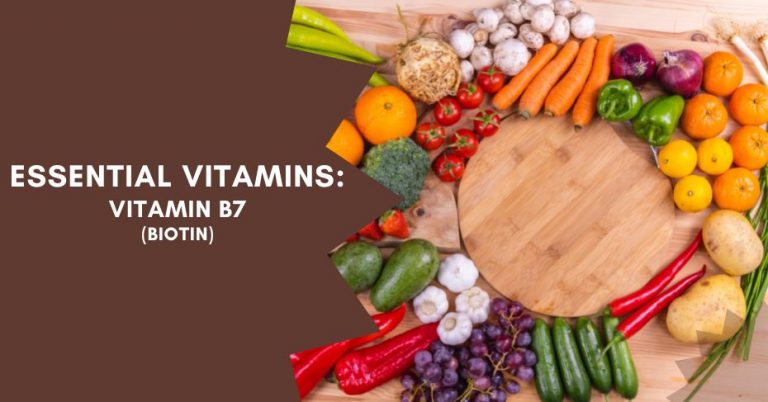Blog Introduction: It’s a mineral you may not have heard of, but iodine is an essential nutrient to keep your body functioning at its best. Iodine plays an important role in normal thyroid function and helps regulate the body’s metabolism. Here, we will look at what iodine is, why it’s important, and how you can make sure you are getting enough of it.
What is Iodine?
Iodine is a mineral found naturally in some foods and also added to others. It’s a necessary component for making thyroid hormones. The thyroid hormones play a role in almost every cell and tissue in the body by helping them create energy from oxygen, glucose and fats.
What Does Iodine Do?
Iodine helps to regulate metabolism by playing a role in the production of thyroid hormones, which control everything from energy levels and body temperature to weight gain and heart rate. It also helps with neurological development and growth, as well as regulating calcium absorption. Without proper amounts of iodine, your body won’t be able to perform these functions properly, leading to potential health issues like goiter (swelling of the thyroid), fatigue, weight gain, depression and infertility.
The Benefits of Iodine
Iodine helps support normal thyroid function by stimulating the production of hormones needed to keep the thyroid functioning properly. When these hormones are low or absent, it can lead to hypothyroidism and other related disorders. Additionally, research has found that sufficient intake of iodine prevents certain types of cancer such as breast cancer by inhibiting cell division and growth in malignant cells.
Iodine also helps protect against goiter, an enlargement of the thyroid gland caused by a deficiency in this essential mineral. Goiter can be particularly dangerous if left untreated because it can lead to problems with breathing and swallowing due to its size. Finally, iodine is important for proper brain function because it helps synthesize neurotransmitters in the brain that are involved with memory formation and learning ability.
Iodine Deficiency
A lack of iodine can lead to an imbalance of hormones, which can cause health issues such as goiter (swelling of the neck), fatigue, weight gain or loss, depression, dry skin, hair loss and even infertility. Additionally, pregnant women need more iodine than non-pregnant women because it helps with proper fetal development.
Getting Enough Iodine
The World Health Organization recommends that adults consume 150 micrograms (mcg) of iodine daily. You can get this amount through diet alone if you eat plenty of iodized salt or certain types of seafood such as cod or shrimp. Other sources include seaweed (such as kelp) and dairy products like milk or yogurt. If you don’t eat enough iodized salt or seafood on a regular basis then you may need to supplement with an iodine vitamin product to meet your needs.
How Much Iodine Do You Need?
The amount of iodine you need depends on your age—children need around 90 mcg per day while adults should aim for 150 mcg on average. Pregnant women typically require around 220 mcg per day for healthy fetal development. Most people can easily get enough iodine through their diets without having to worry about supplementation; however, people who don’t eat dairy or seafood may need additional supplementation depending on their dietary choices. Again, always consult with your doctor before making any changes or starting a supplement regimen!
Bottom Line
In summary, iodine is an essential mineral that your body needs for optimal health and performance. Although there are many dietary sources available including iodized salt and certain types of seafood like cod or shrimp, those who don’t consume these foods regularly should consider supplementing with an iodine vitamin product to meet their daily needs. By doing so they can help ensure their bodies are functioning properly so they can be their best selves!





